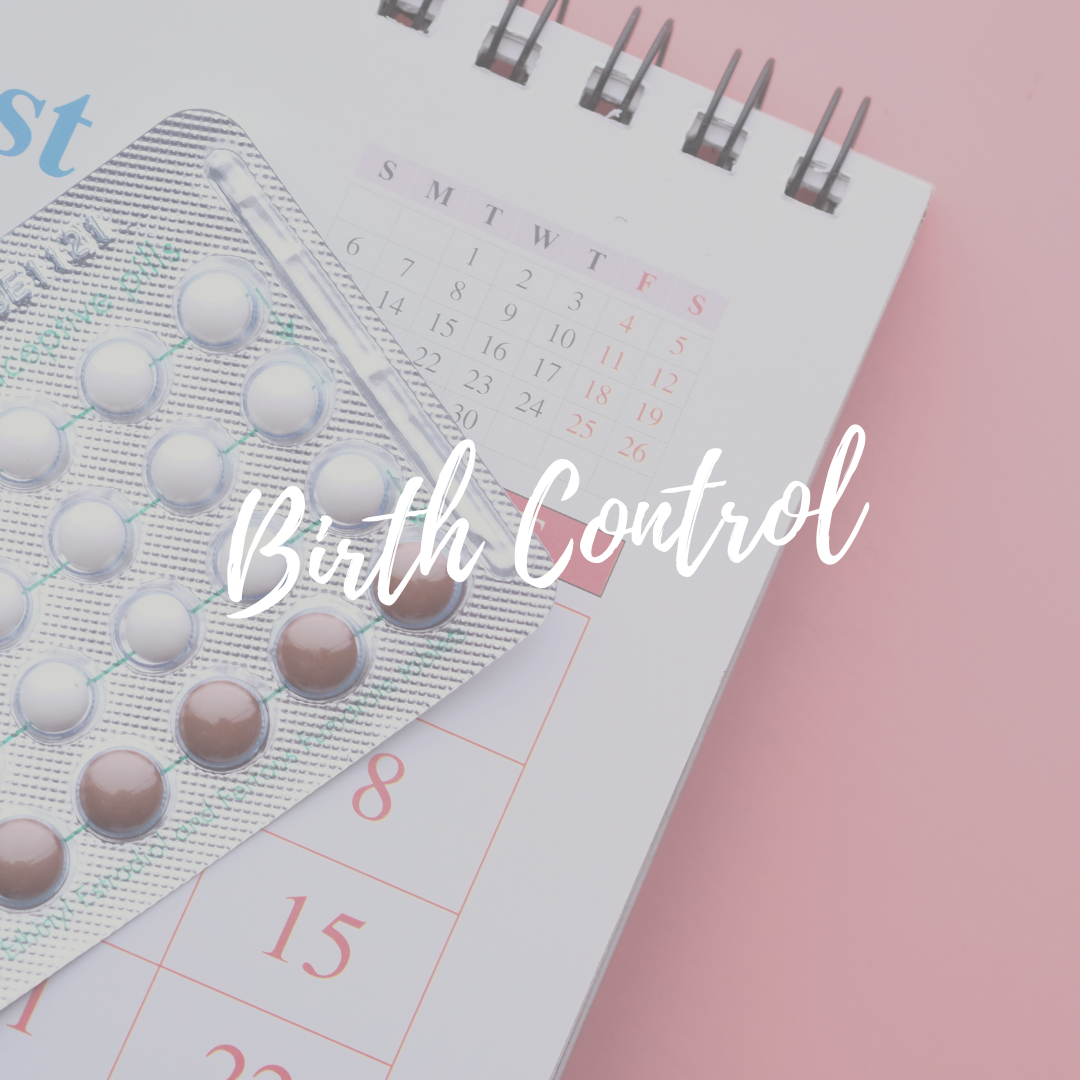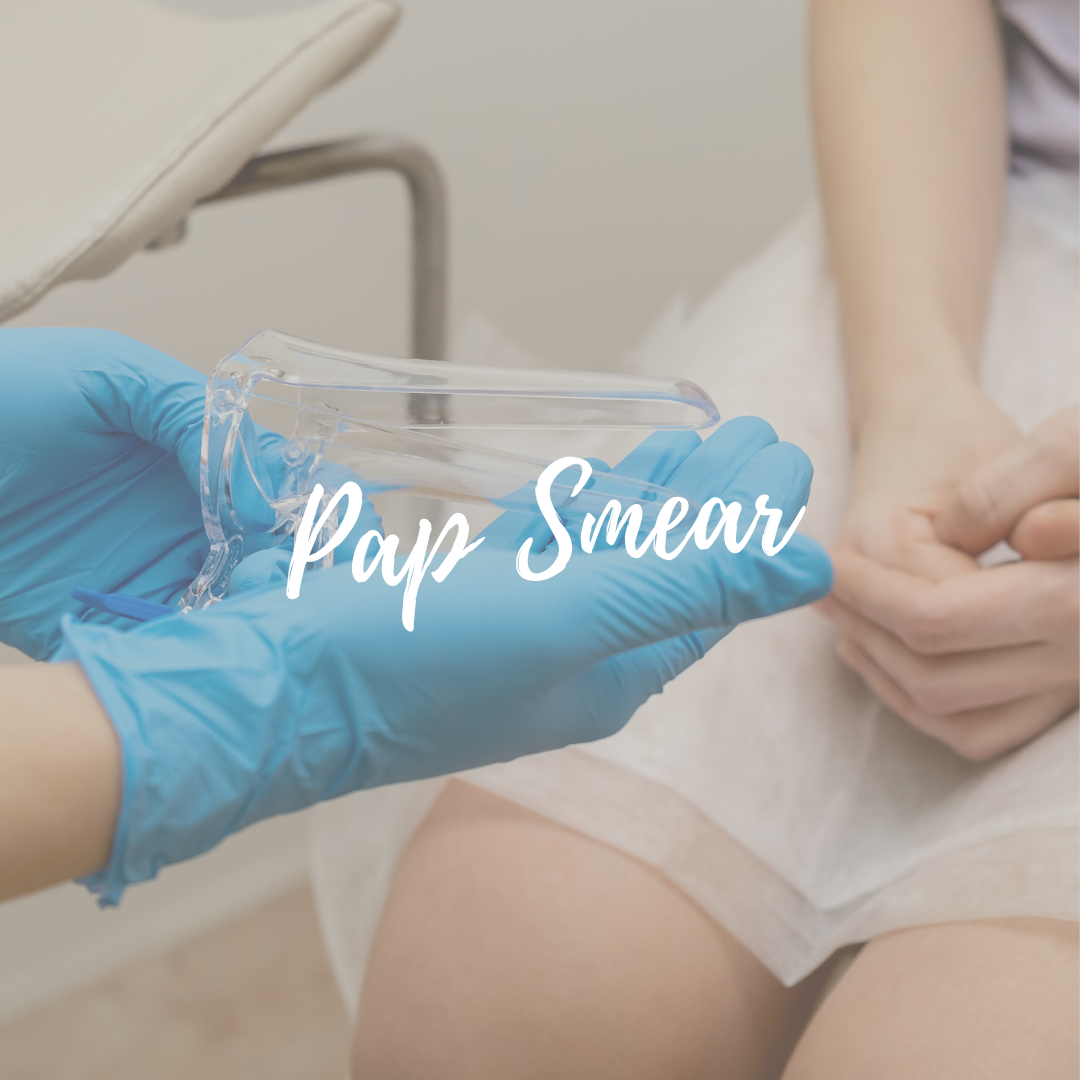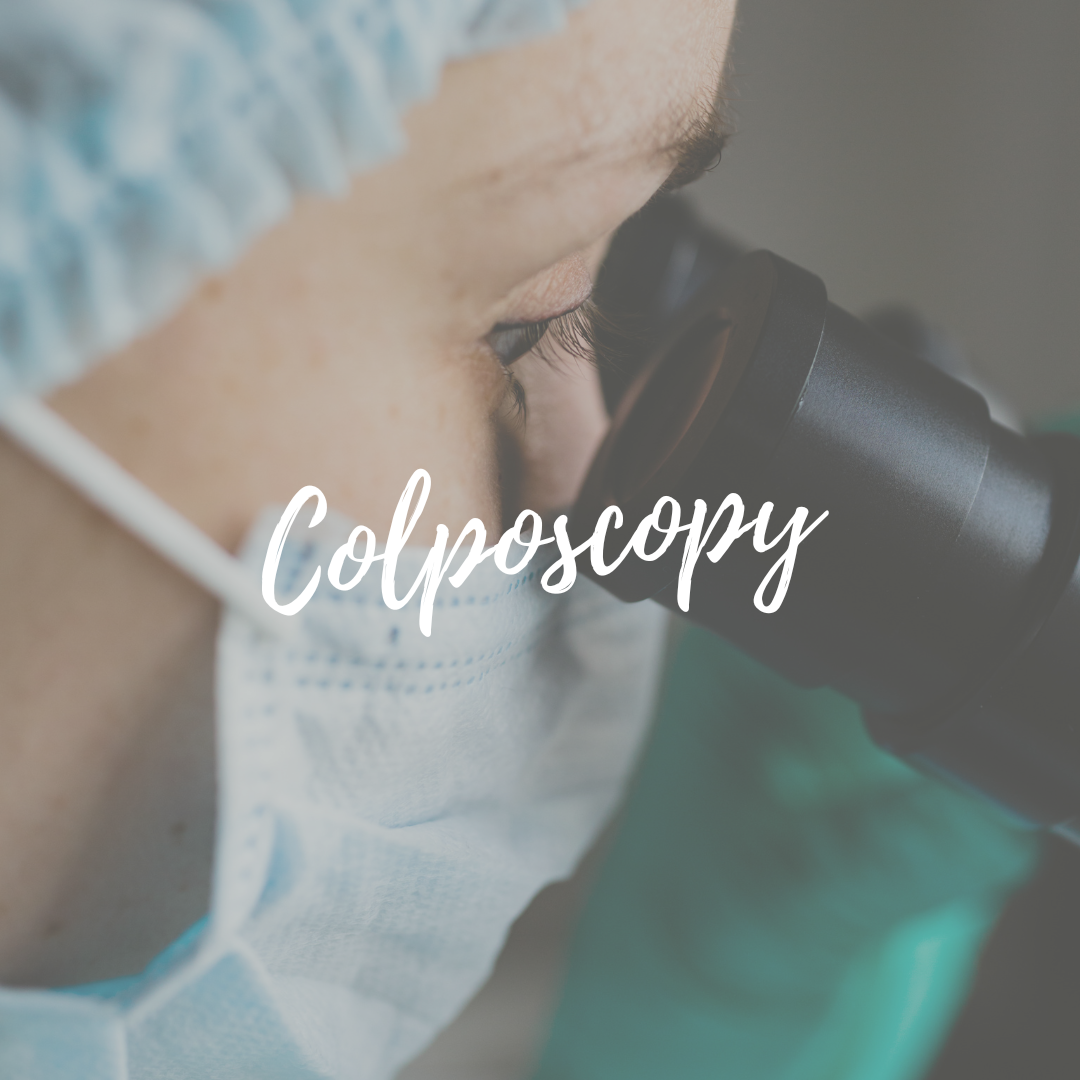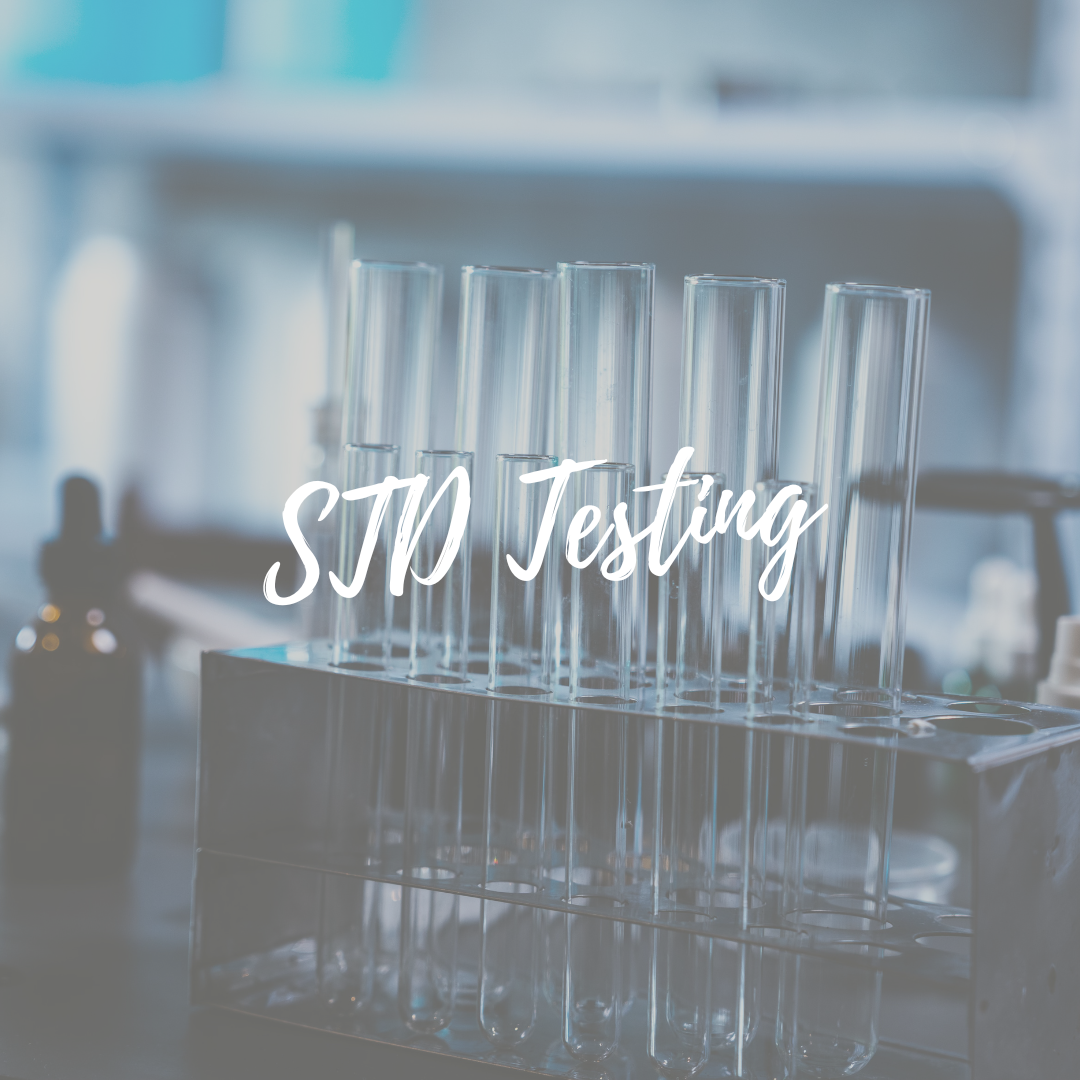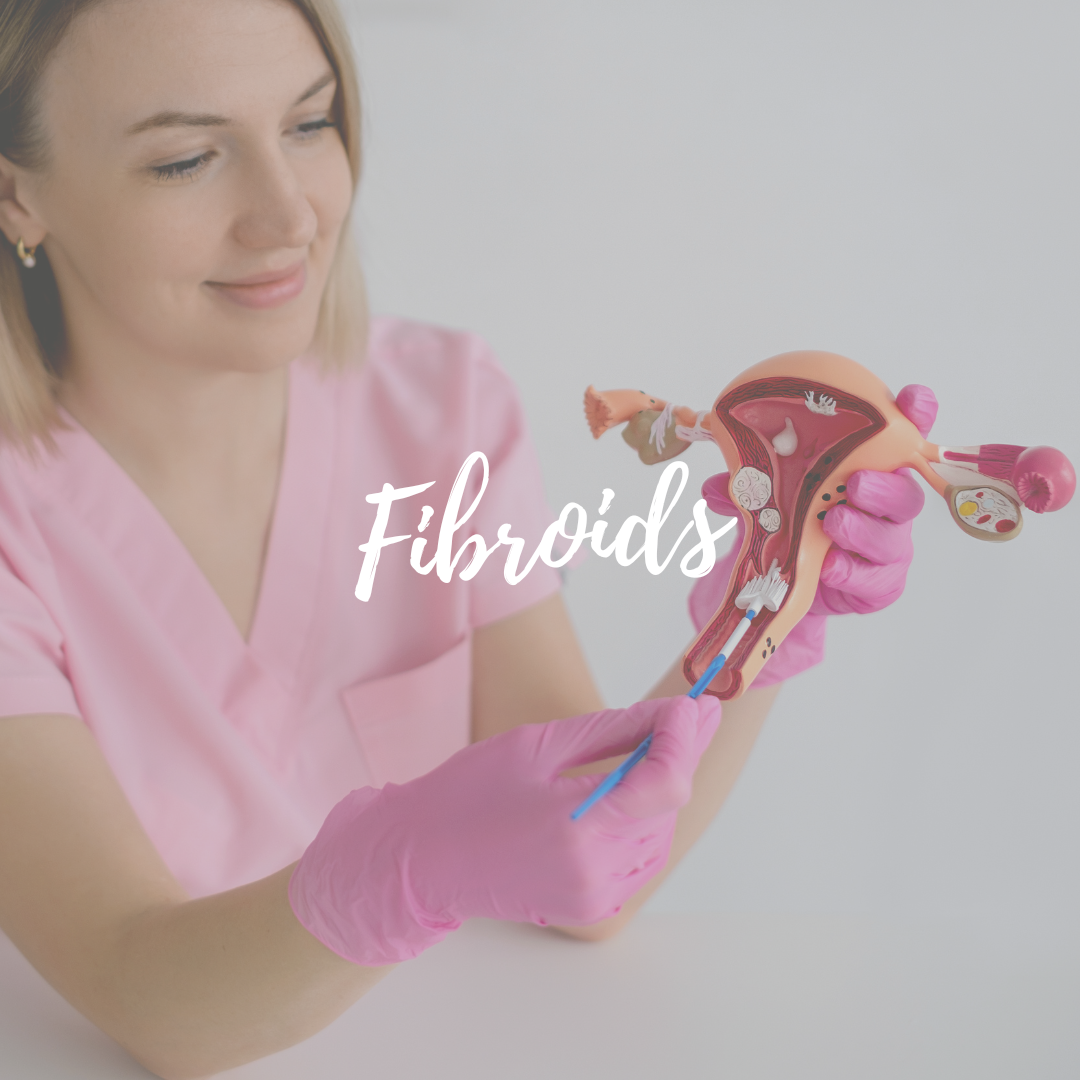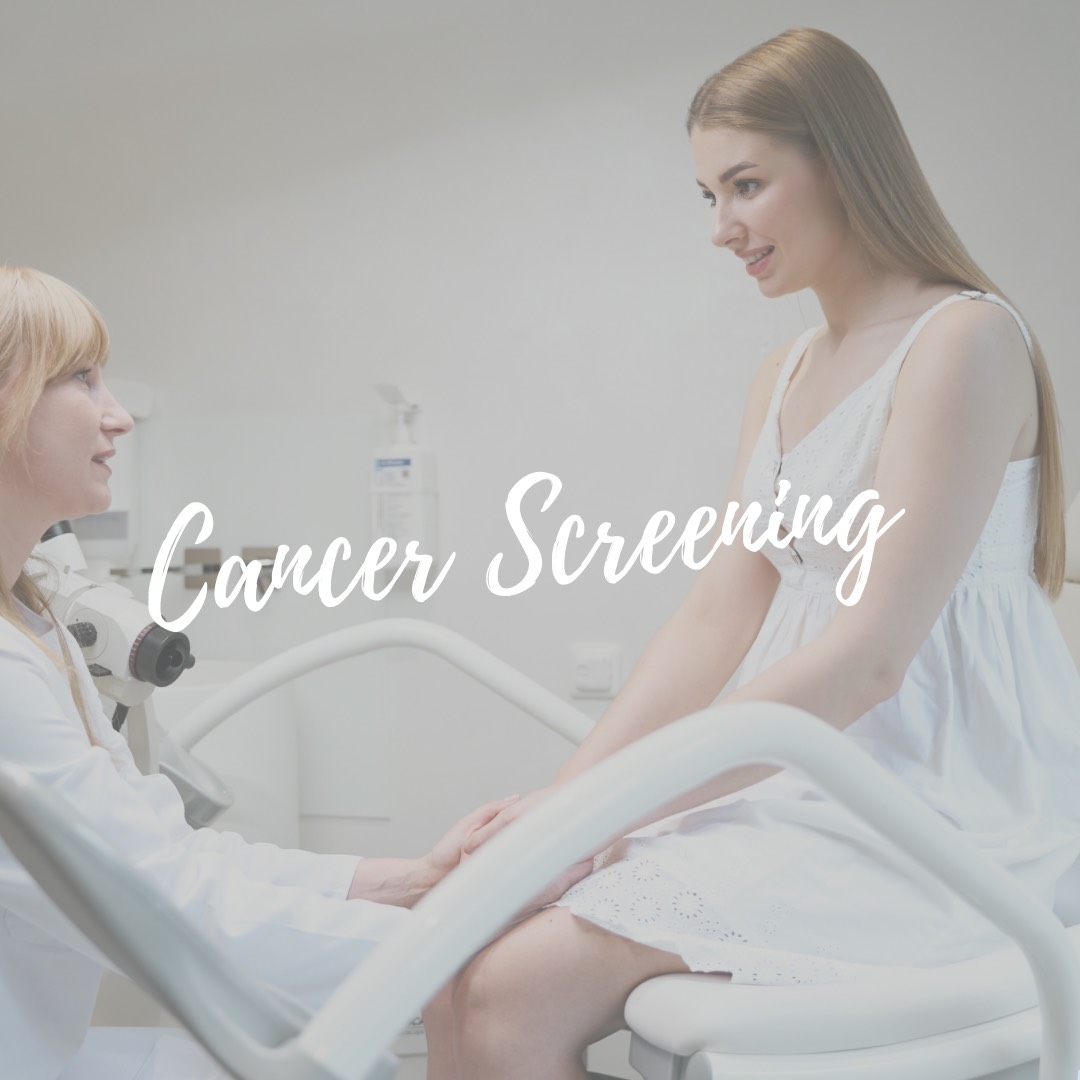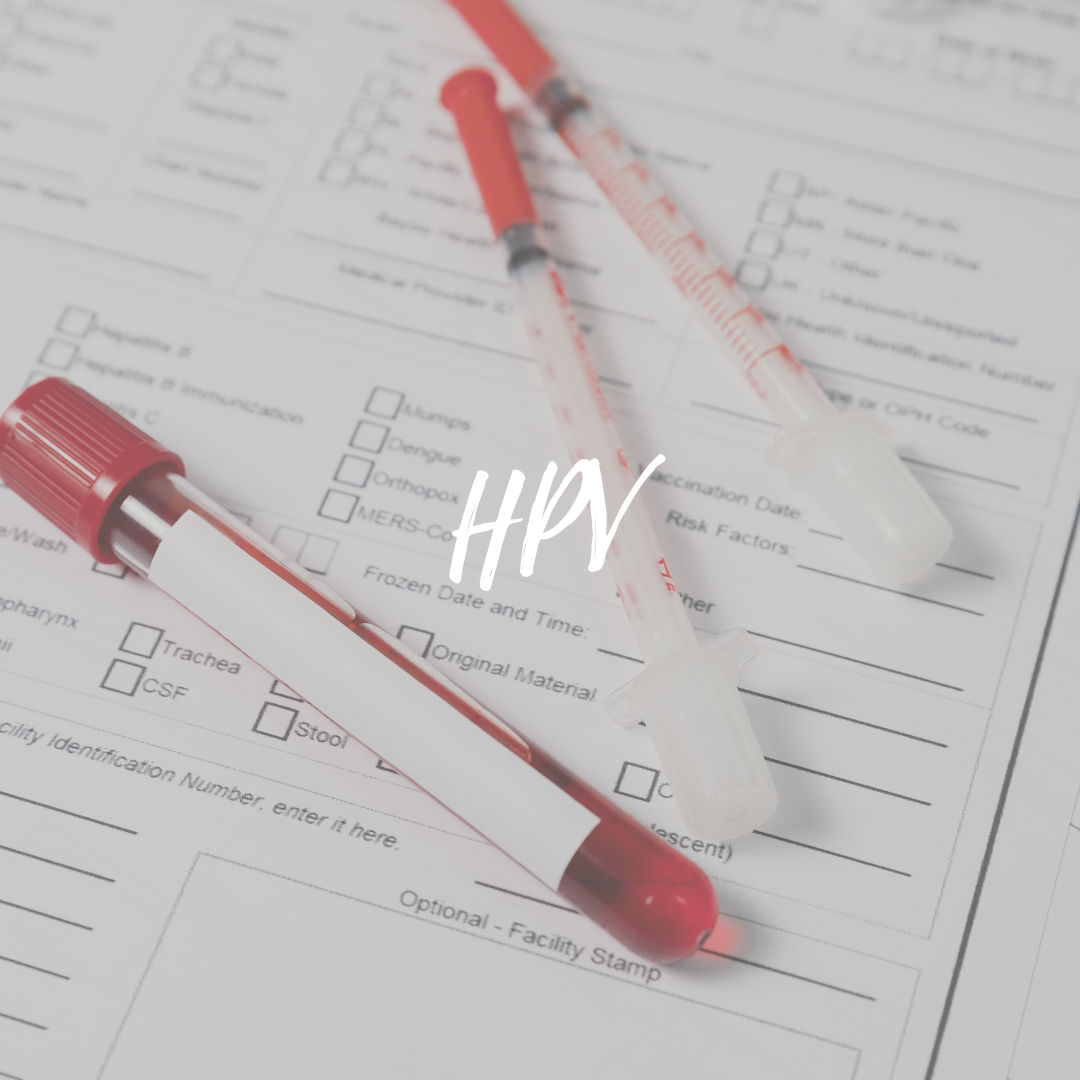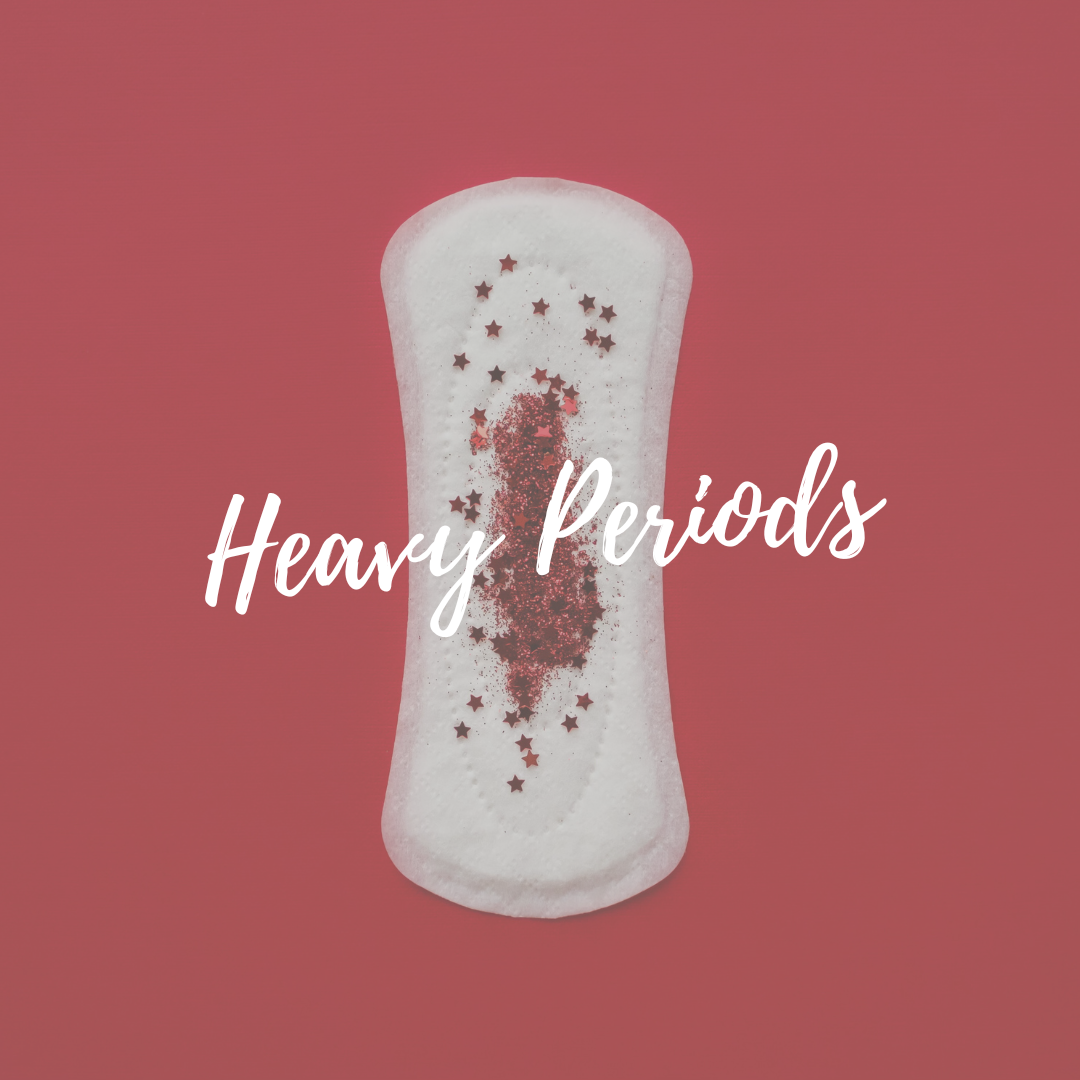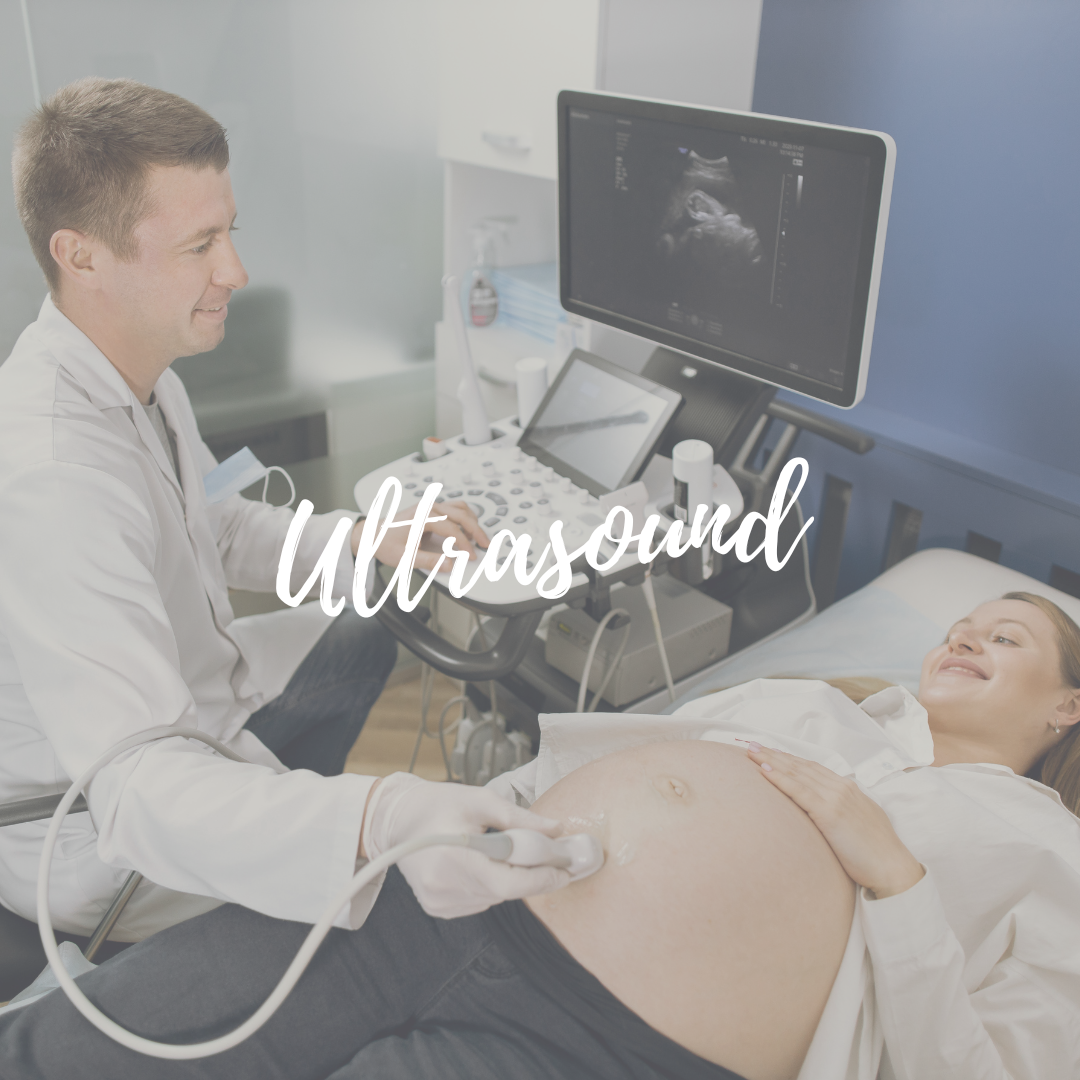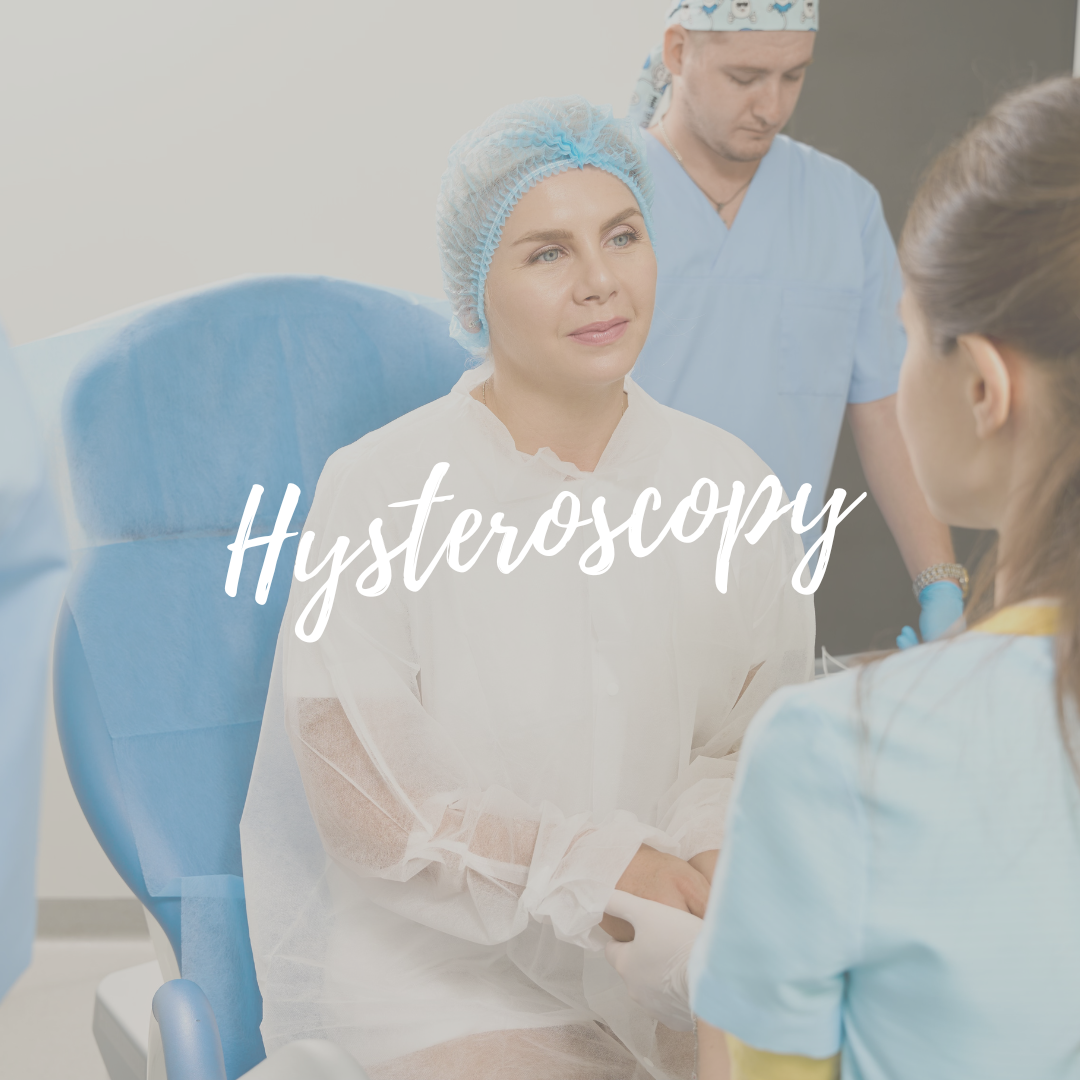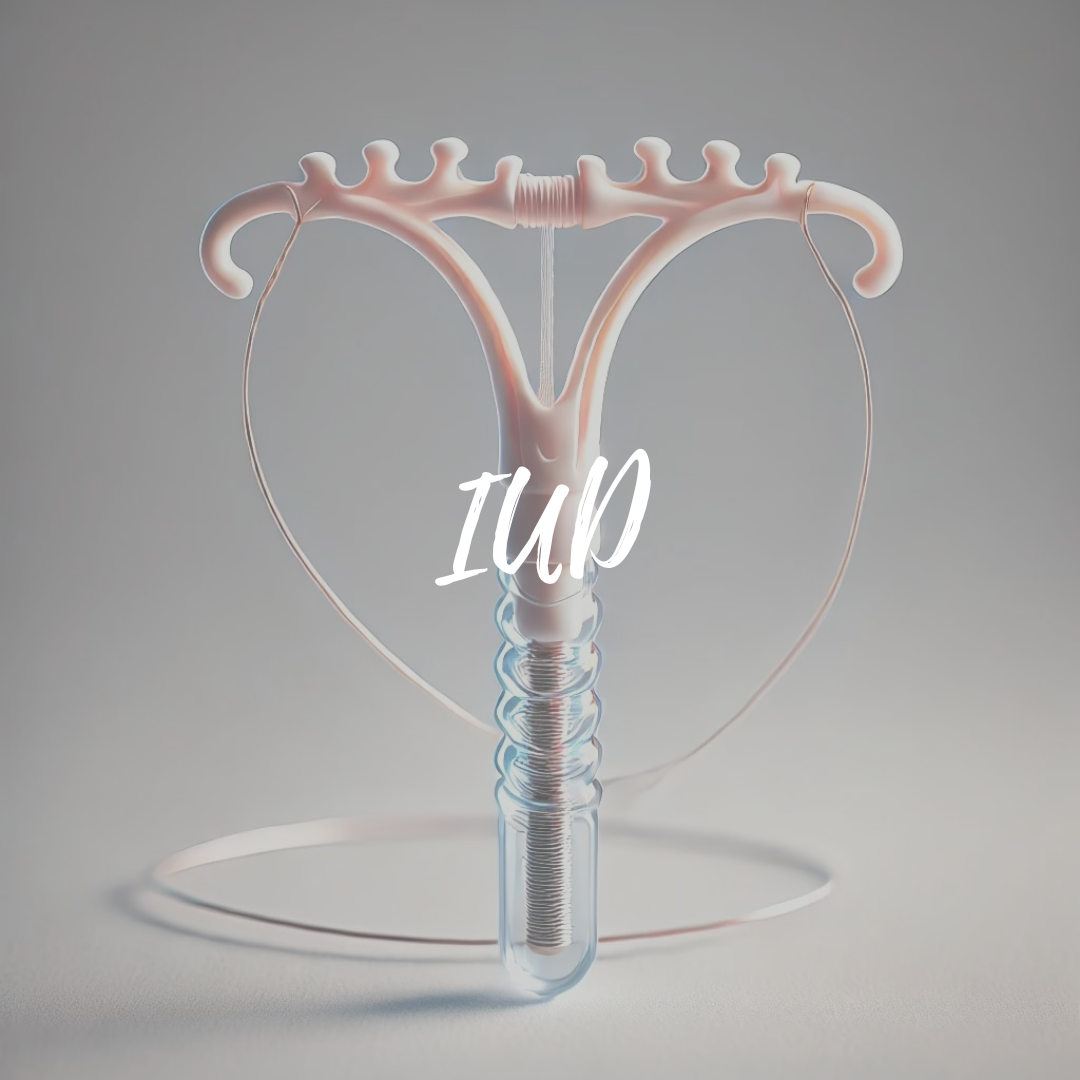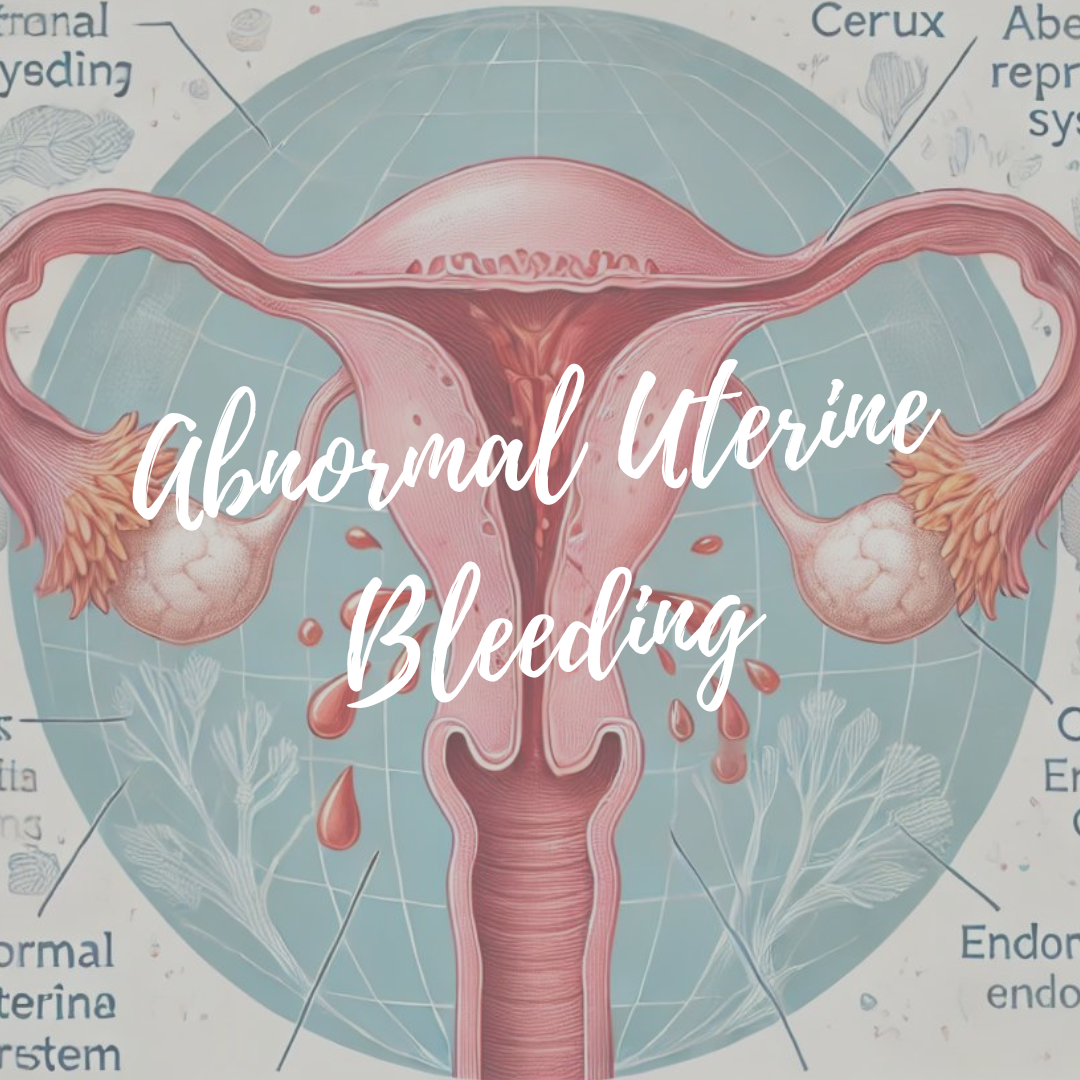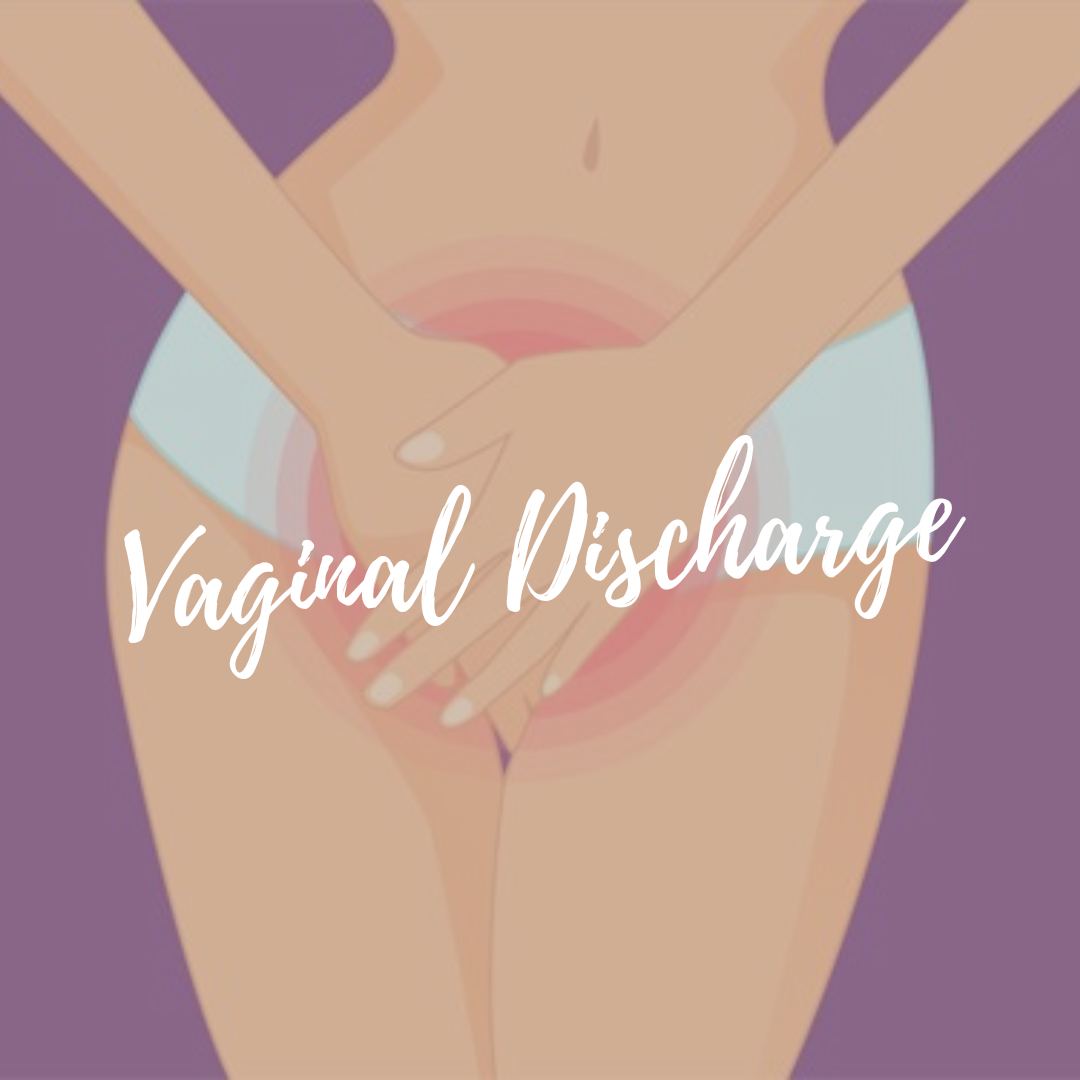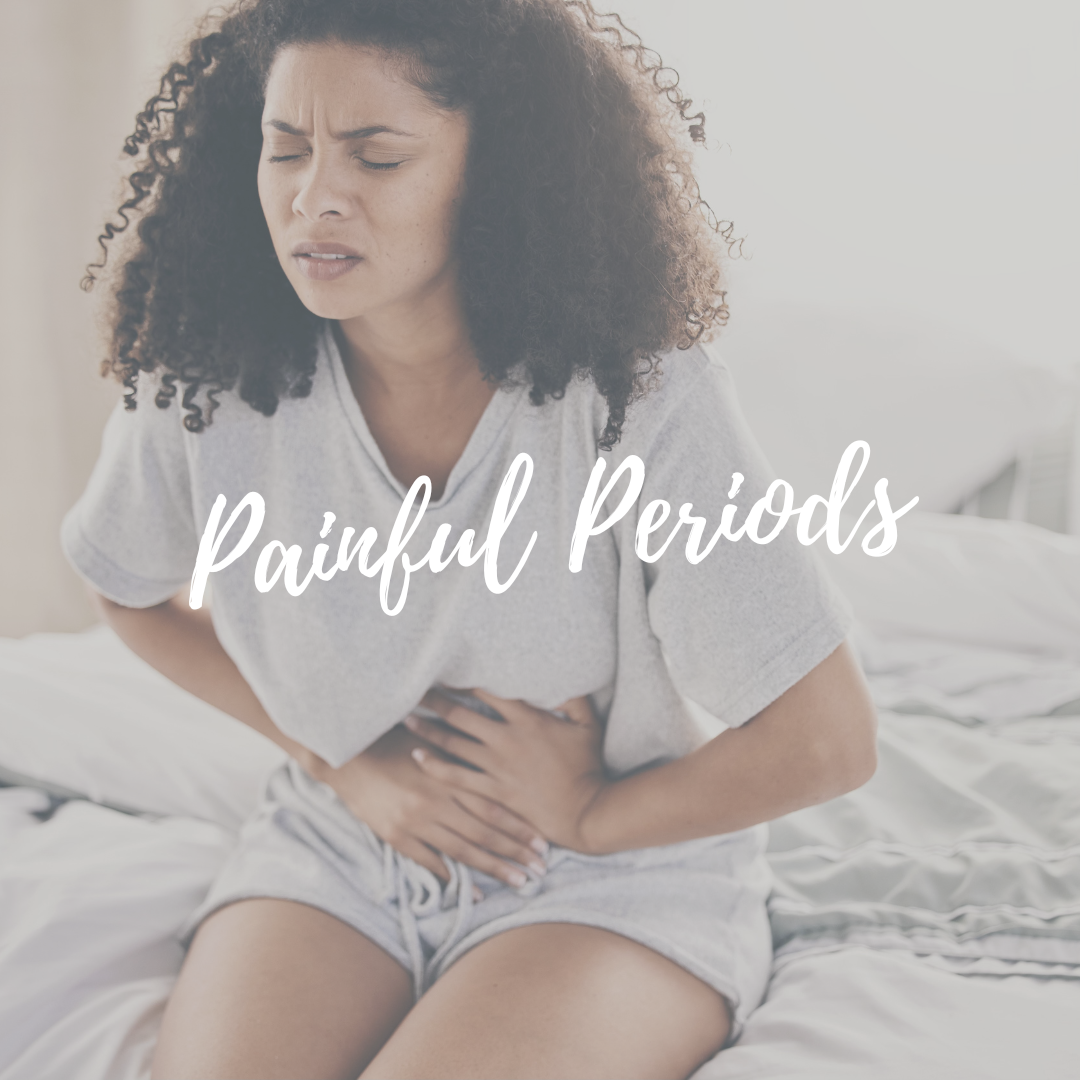
Hysterectomy: What You Need to Know
If you need a hysterectomy, you can rely on Doctor Copur at FirstChoice OB-GYN. They offer minimally invasive and open surgeries to remove your uterus and, if necessary, your ovaries, fallopian tubes, and cervix. Call the office today to learn about your hysterectomy options.
Hysterectomy Q & A
What is a hysterectomy?
A hysterectomy is a surgical procedure to remove your uterus. It may be necessary to treat conditions such as gynecologic cancer, uterine fibroids, endometriosis, or other diseases causing abnormally heavy bleeding and pain. Depending on the reason for your hysterectomy, your surgeon may also remove your fallopian tubes, ovaries, and cervix. There are three types of hysterectomies:
- Total hysterectomy: The most common type, involving the removal of the entire uterus and cervix. If necessary, the fallopian tubes and ovaries may also be removed.
- Partial hysterectomy: Involves removing only the upper part of the uterus, leaving the cervix in place. The ovaries may also be removed if needed.
- Radical hysterectomy: Involves the removal of all reproductive organs, including the uterus, ovaries, fallopian tubes, and cervix, as well as surrounding tissues from the upper part of the vagina. This type is used to treat cervical cancer.
Whenever possible, the surgeons use minimally invasive laparoscopic techniques, performed through small incisions in the abdomen. This approach helps you recover faster and reduces the risk of infection.
Does a hysterectomy cause menopause?
After a hysterectomy, you will no longer have menstrual periods. If your ovaries are left intact, they will continue to produce hormones, preventing immediate menopausal symptoms. However, you may experience menopause a few years earlier than average. If your ovaries are removed, you will begin to experience menopausal symptoms immediately.
What should I expect while I recover from a hysterectomy?
Recovery from a hysterectomy involves a hospital stay of one to two days, longer if you are undergoing cancer treatment or had a traditional open procedure. The nursing team will help you move around after surgery and support you until you can get out of bed and go to the bathroom on your own.
Once at home, you need to take it easy and follow your doctor’s personalized instructions for reintroducing physical activity and returning to work.
For comprehensive gynecological care and to discuss your hysterectomy options, call FirstChoice OB-GYN or book an appointment online today.


